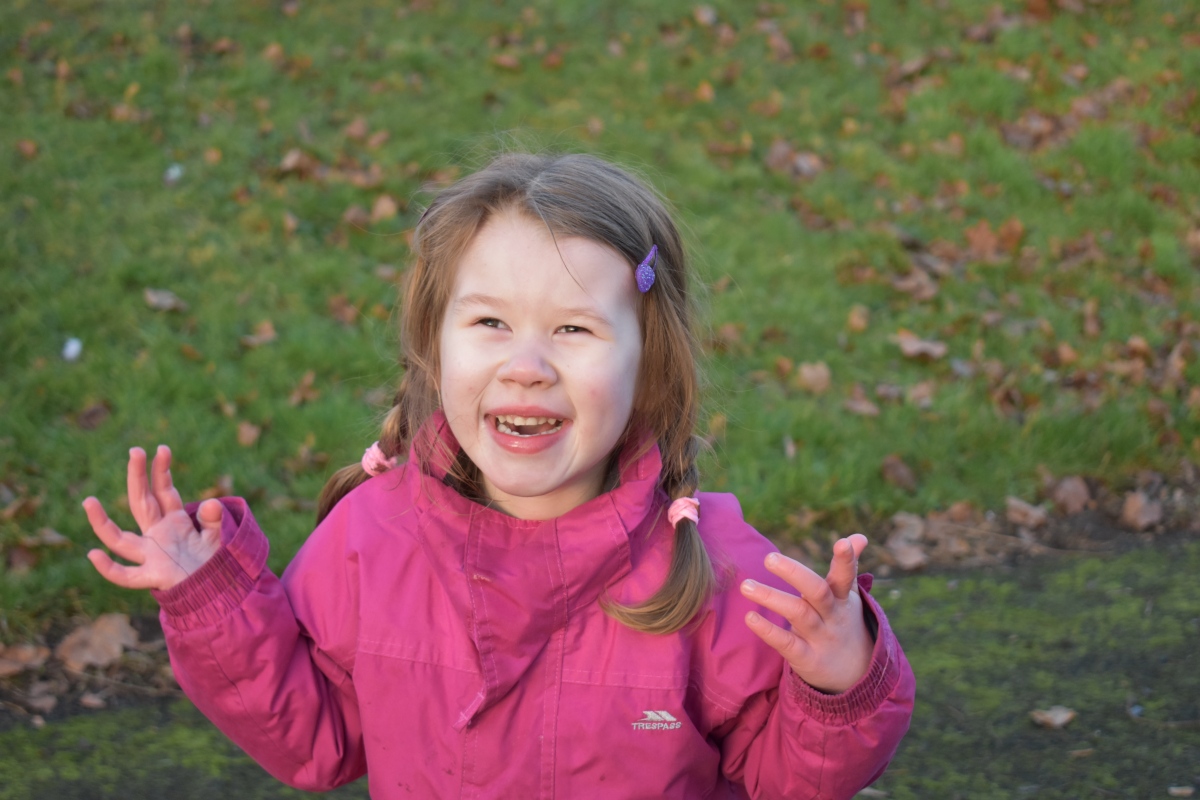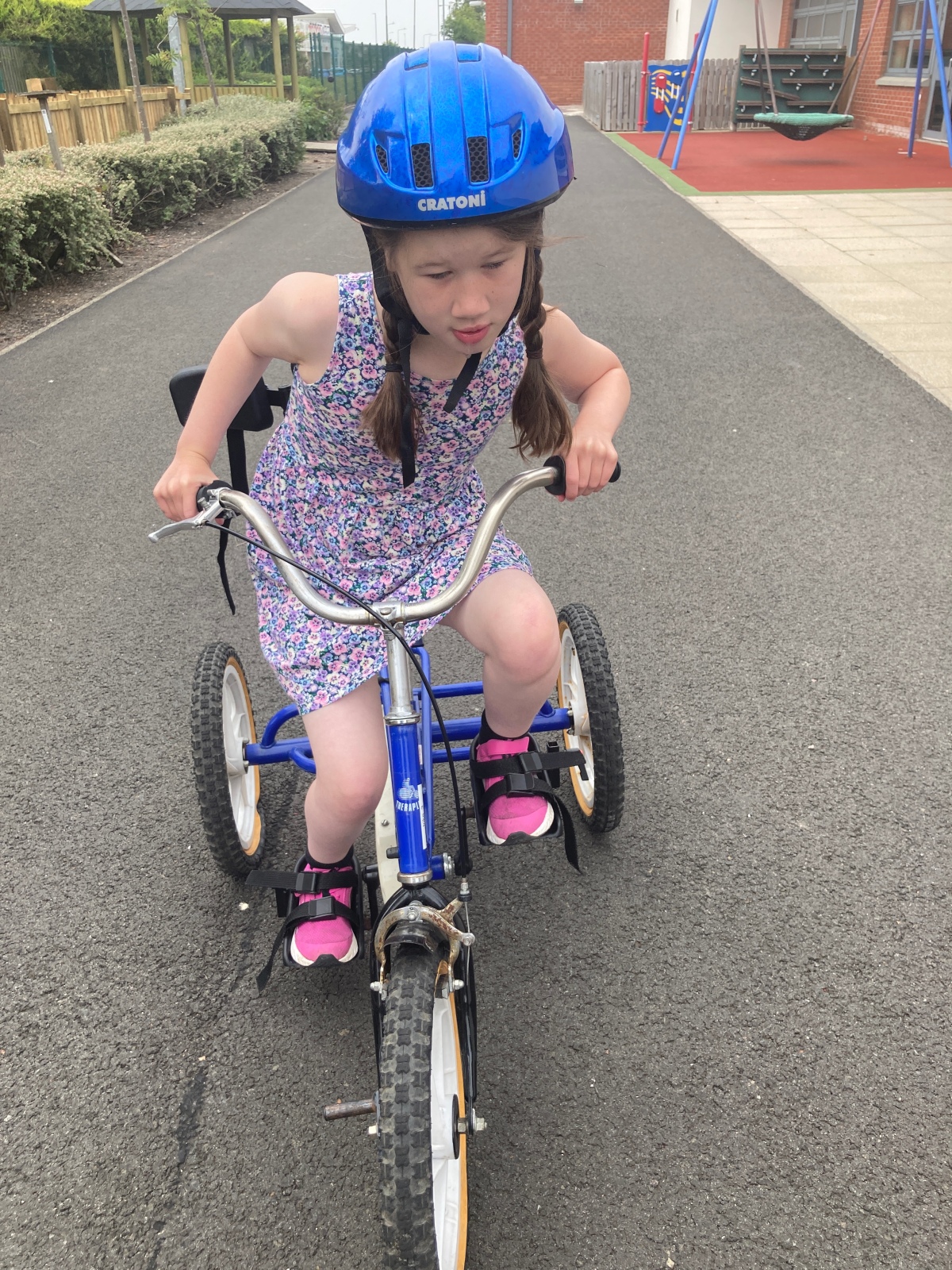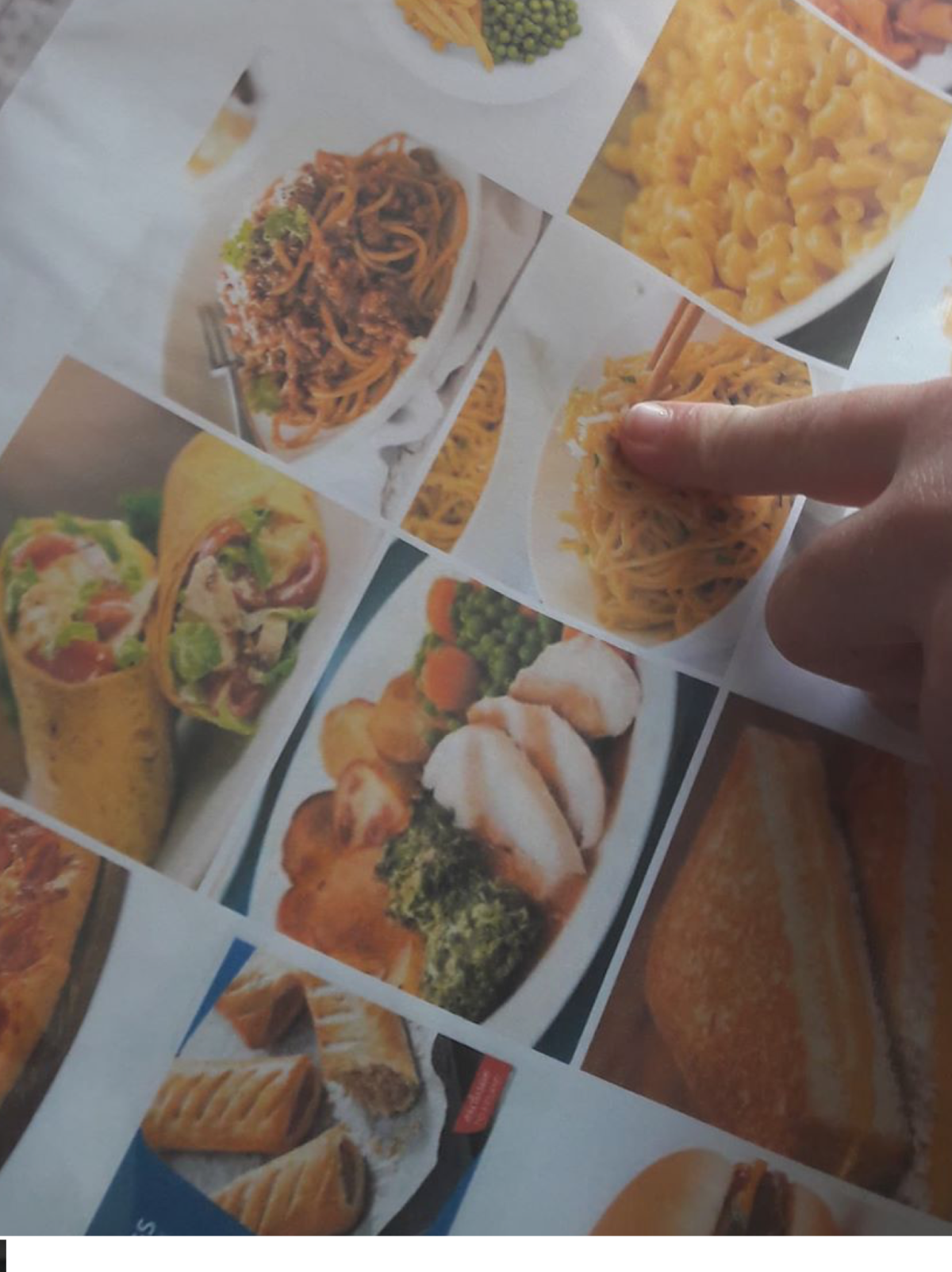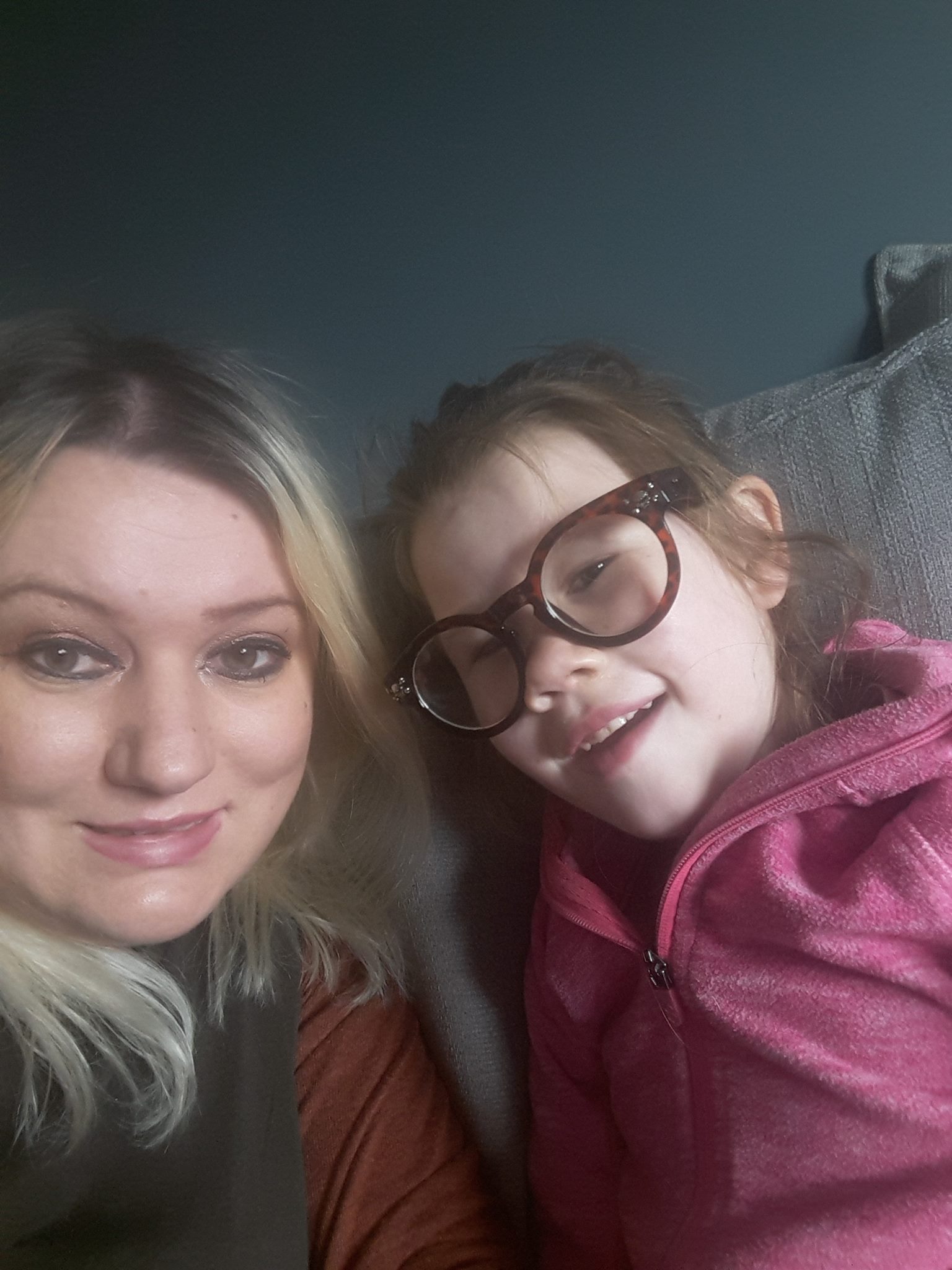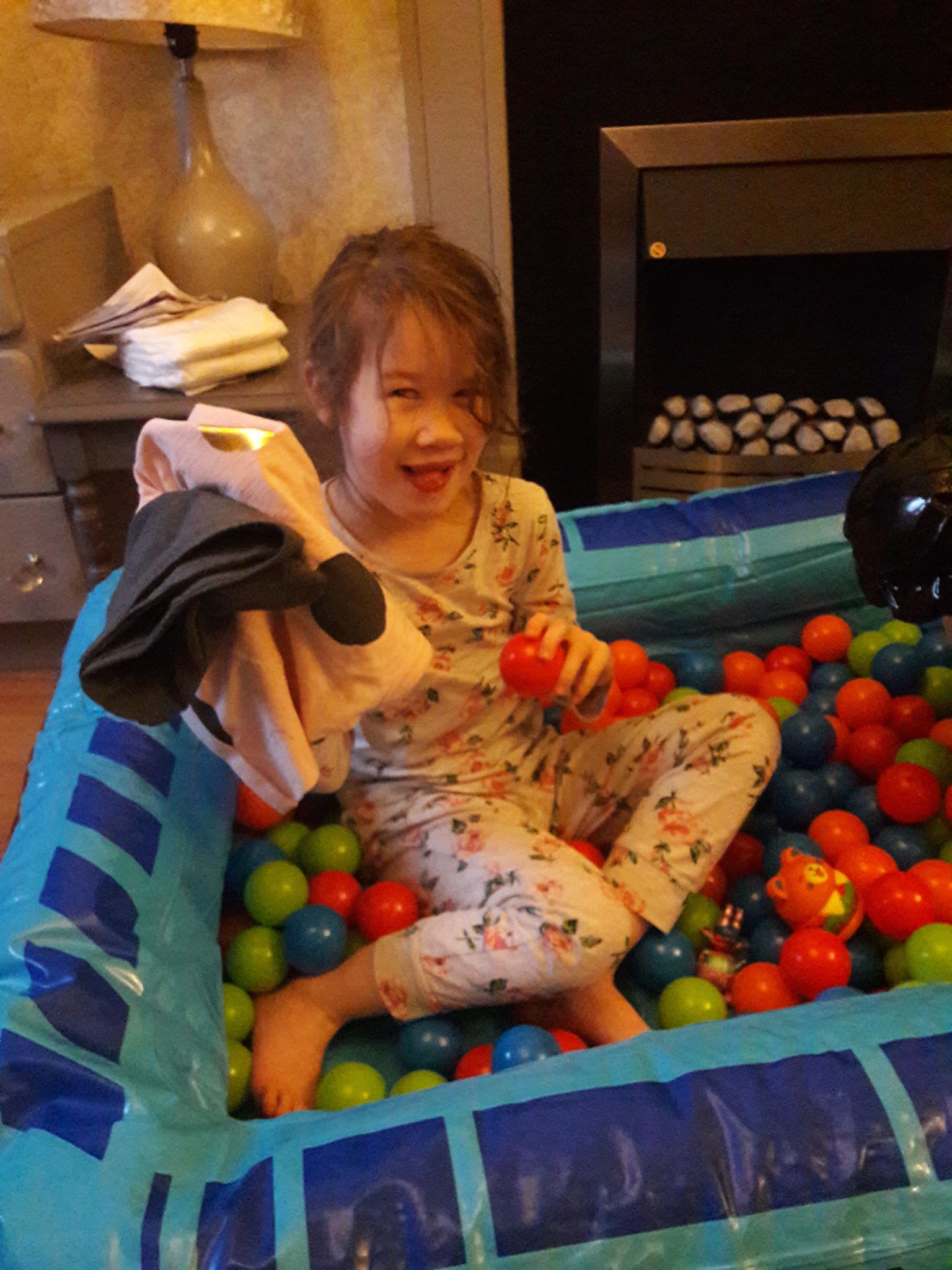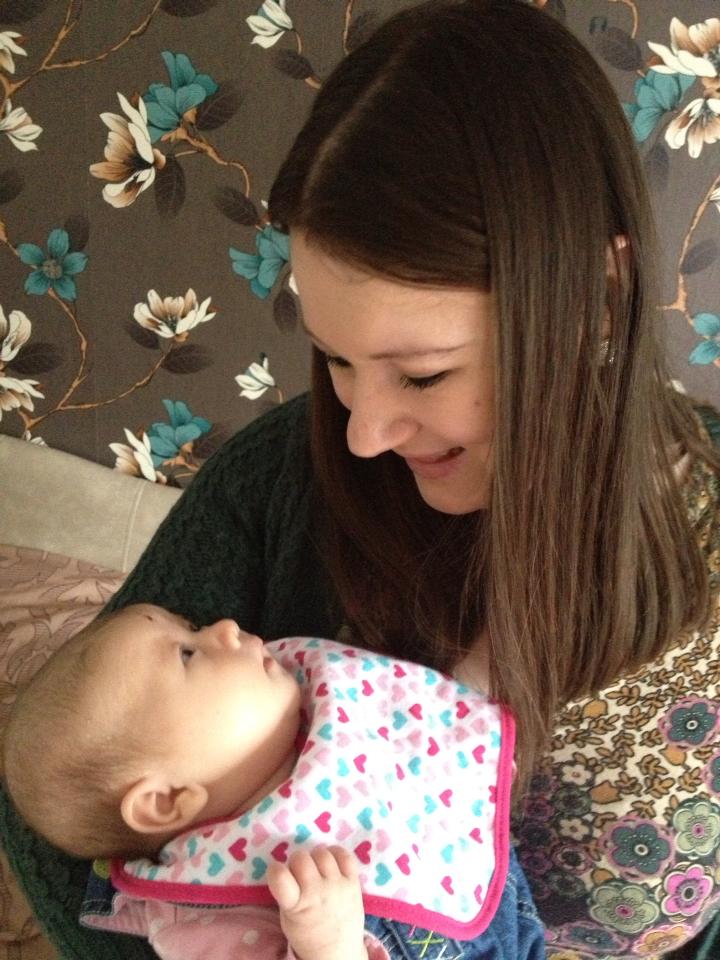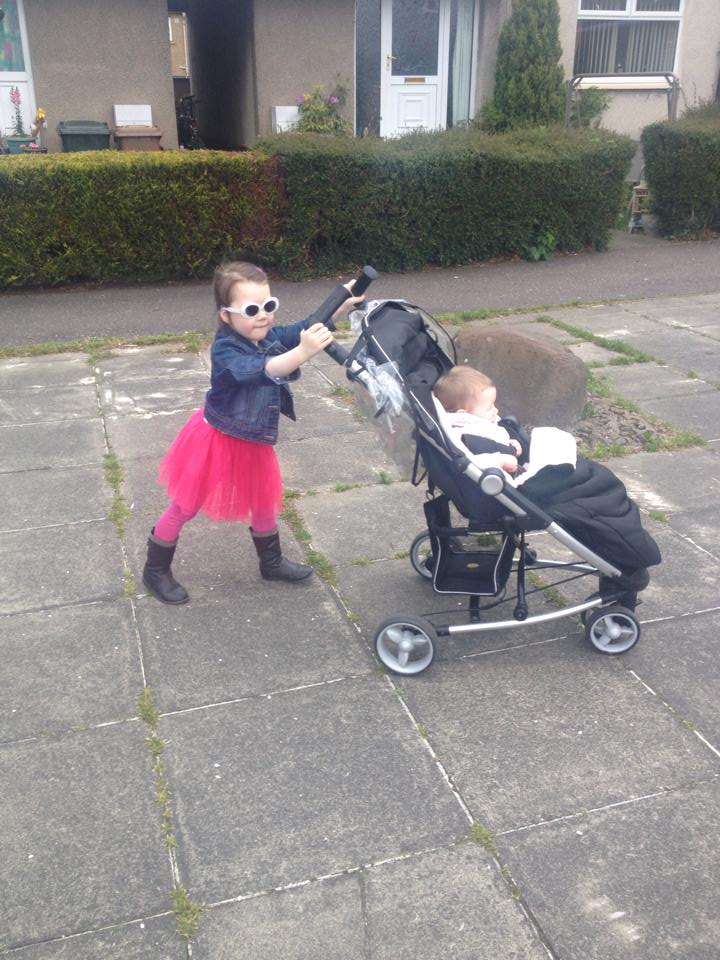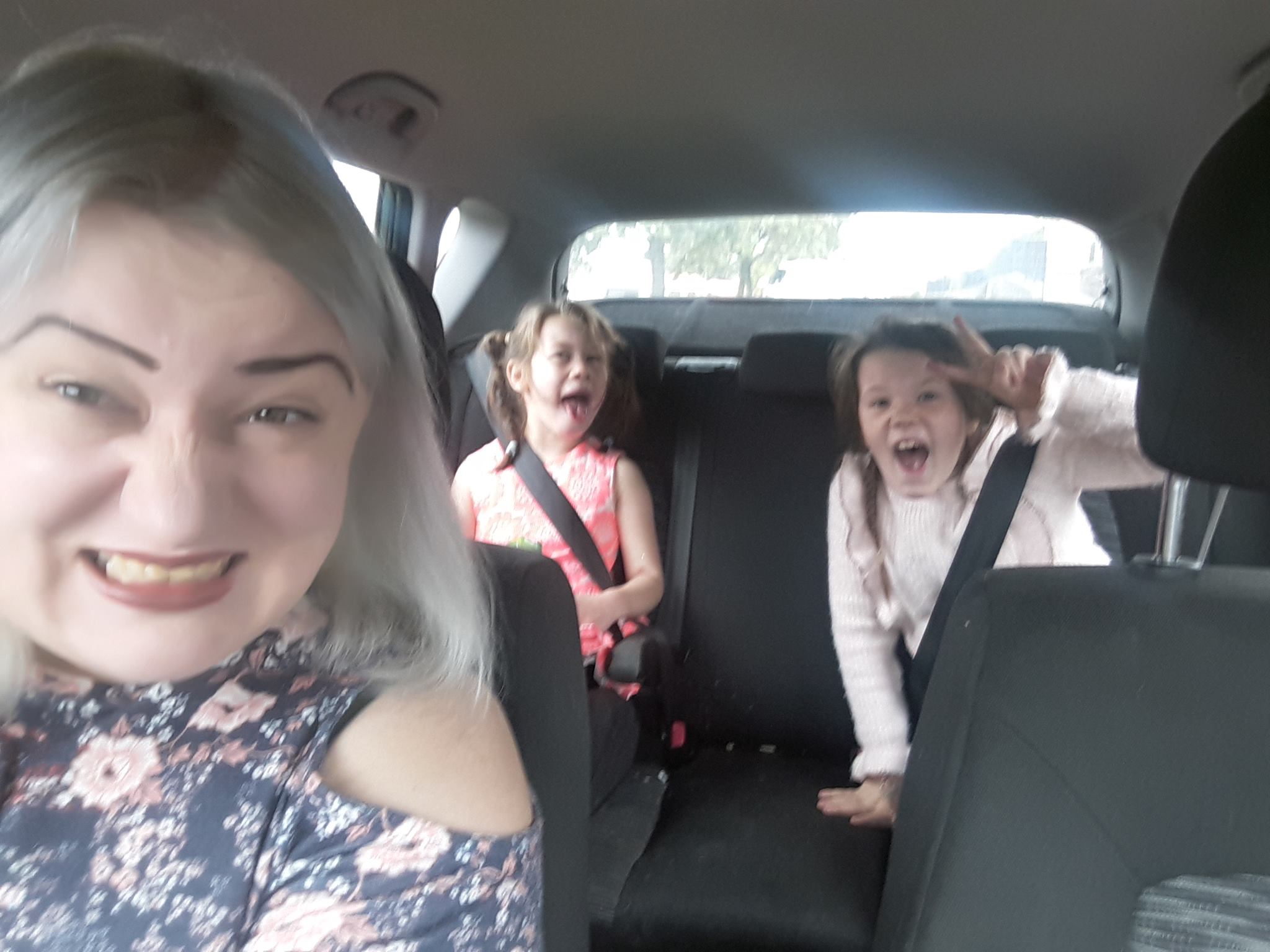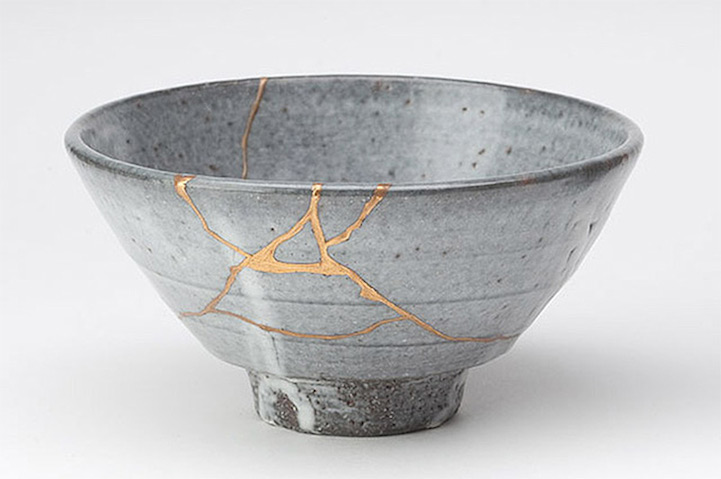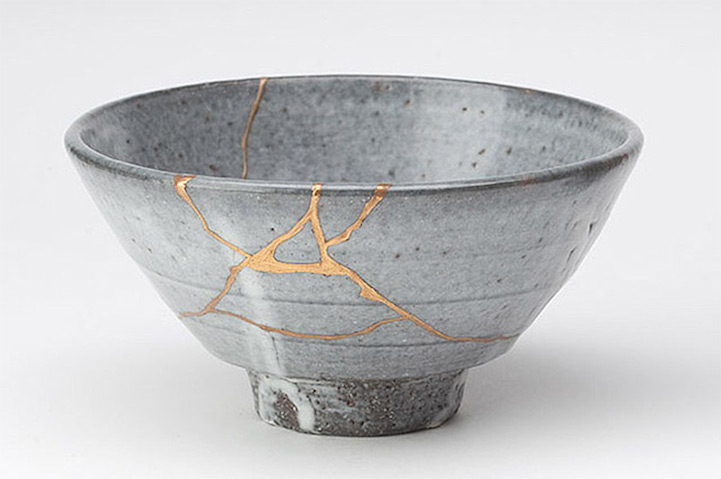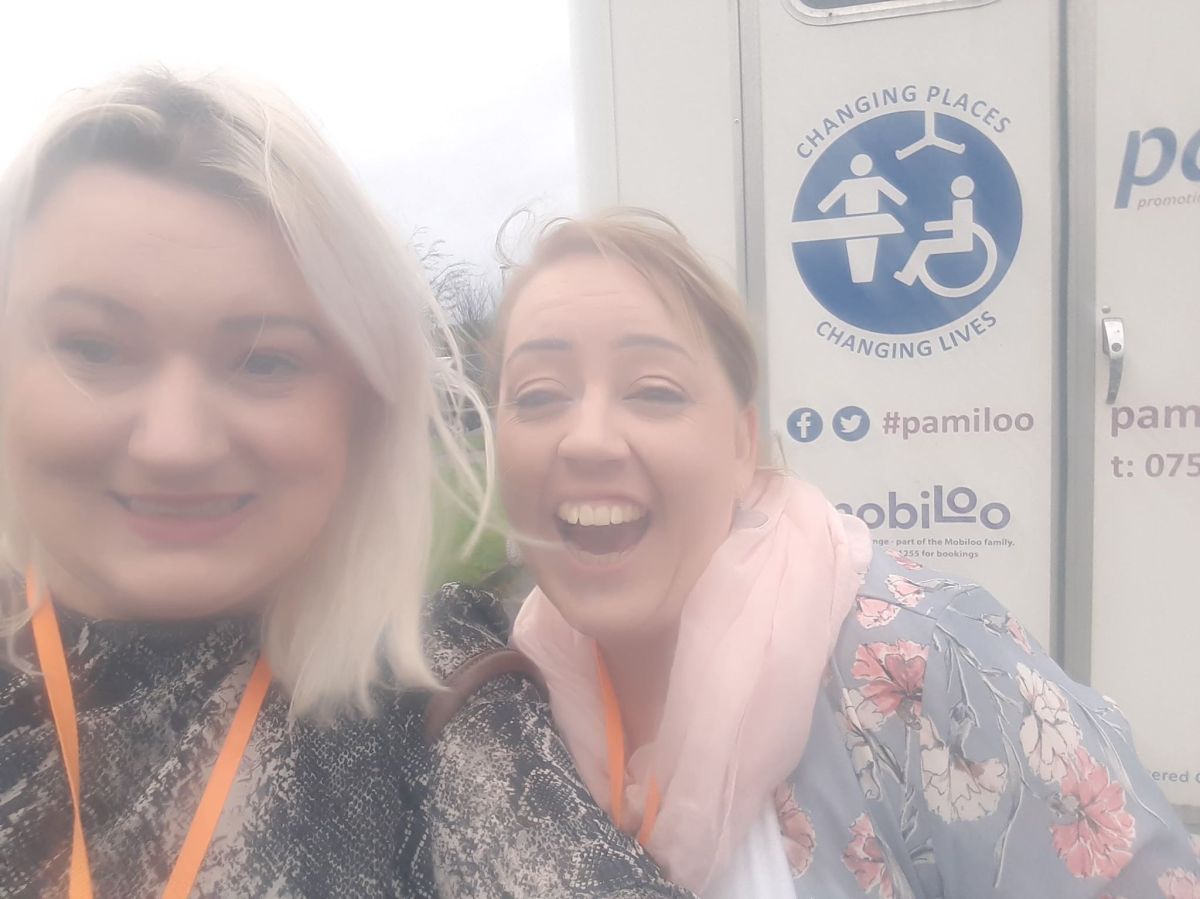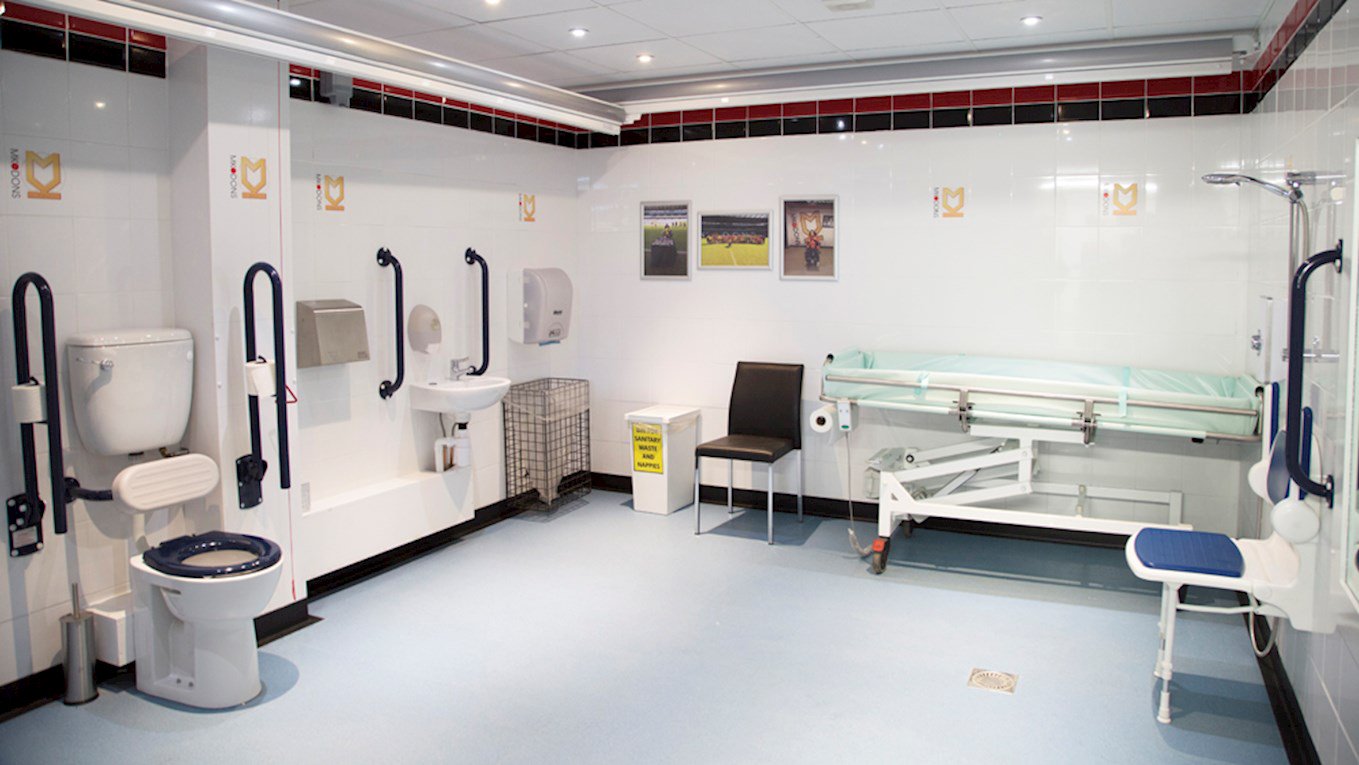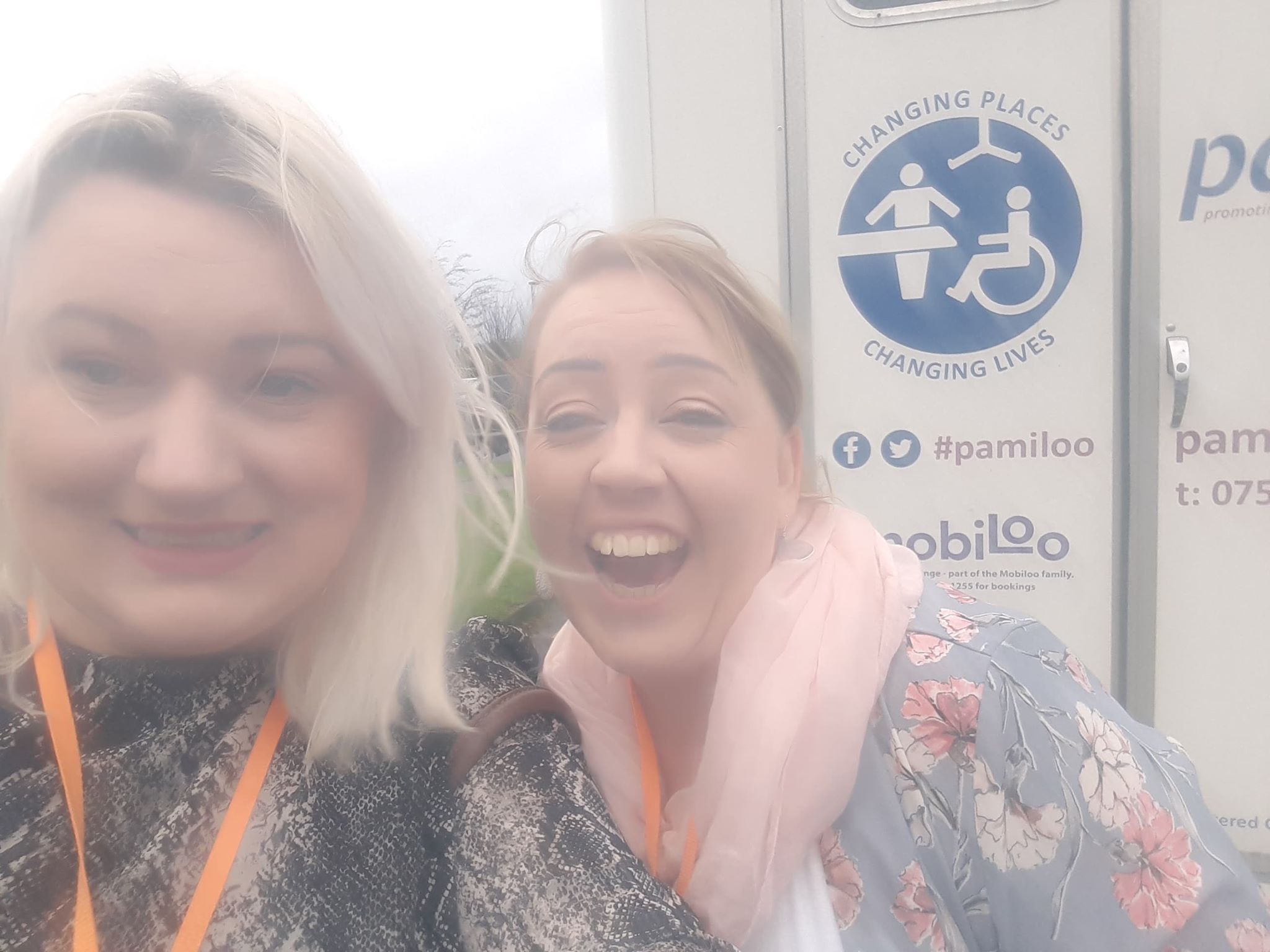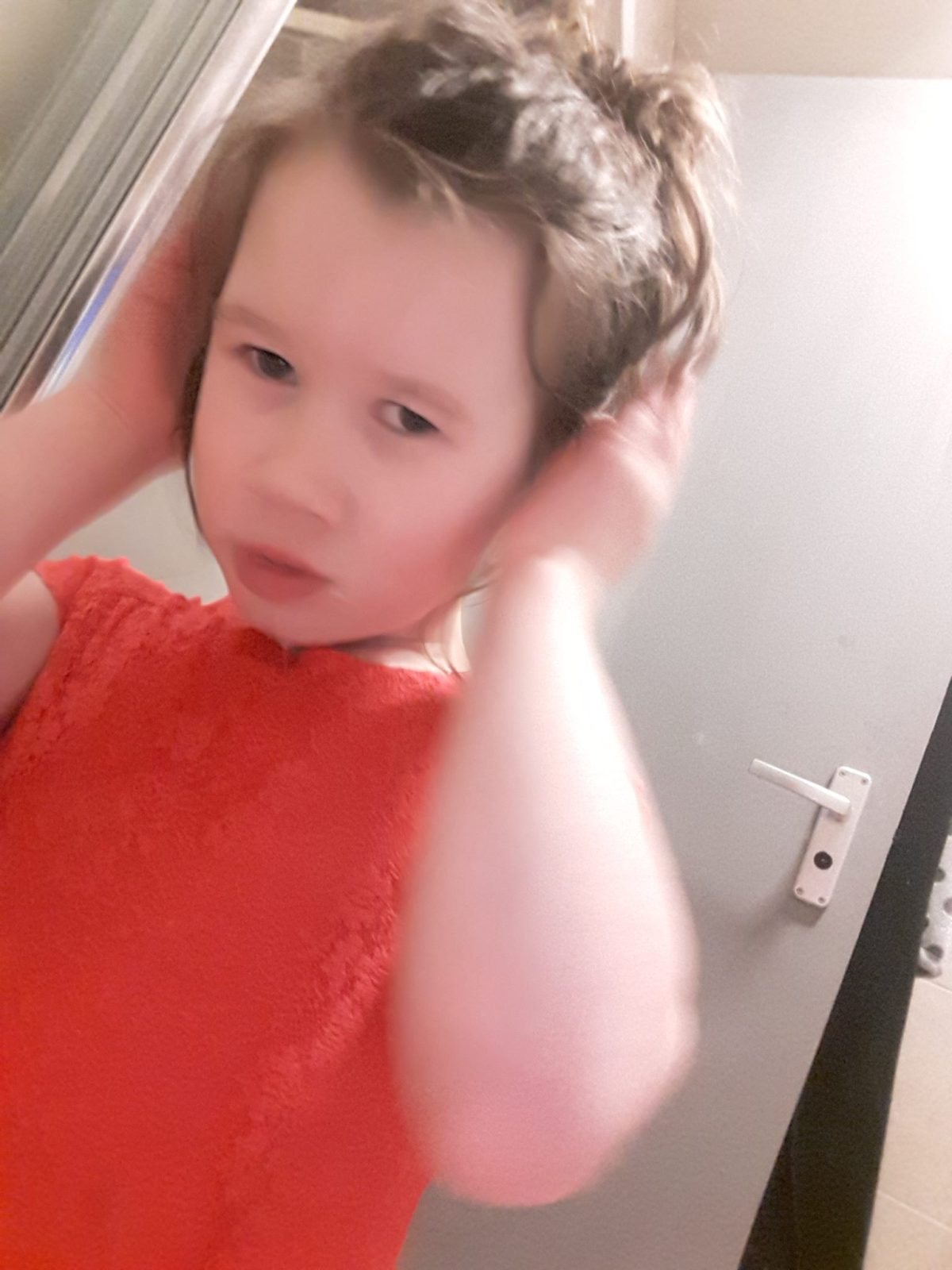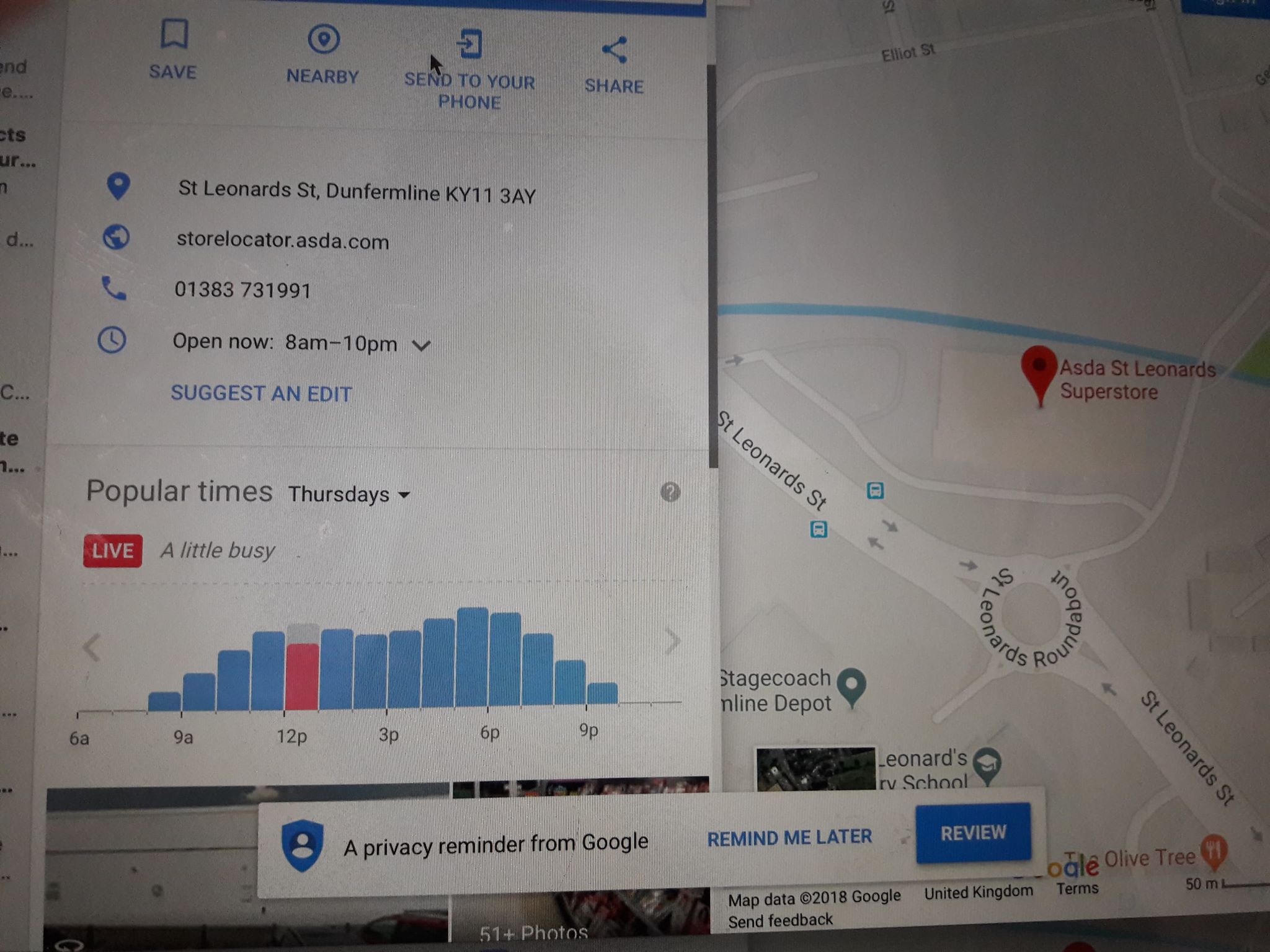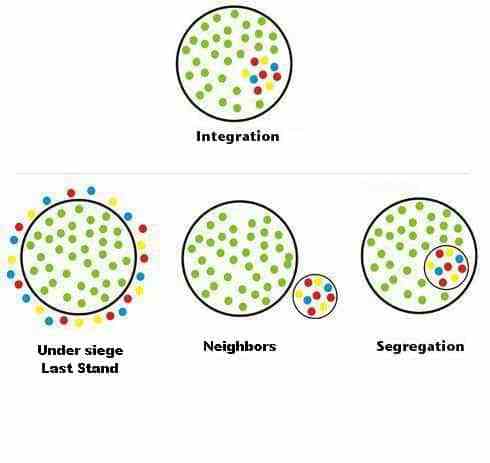Partners in Policy Making……
I was asked by Jaynie from In Control Scotland if I would do a wee talk on why I applied for The Partners in Policy Making Course and it’s impact. I am a partners 2018 graduate.
For those of you who don’t know what the course is, it is a leadership course designed to help parents of disabled children and self advocates.
I applied because I wanted to leave no stone unturned in ensuring my gorgeous wee Millie lives her best life. So she can access with ease, the world around her.
My beautiful baby girl Millie is a whirlwind that lights up any room. She is a funny wee adventurer, risk taker, artist, teacher, sister and friend. She has taught me more in her 6 years of life than I learned in my whole life before having her her. She brings our family lots of joy and happiness.
On the course
We are taught about the history of disability and how far we have come.
We are taught about our human rights.
We are taught about the power of language. About how important an introduction is.
We are taught about self care and taught good practice, using visual mind map tools such as MAPS and PATHS.
We were told real life stories from parents of disabled children and self advocates which gives us hope, strength and the courage to keep going.
But for me, the most valuable thing that came from partners, was the coming together with a diverse group of people, who are on their own journey, having this shared experience. Everyone in the room “just get’s it”.
And that common ground is such a powerful force.
It’s not something that can be bought, or measured.
It’s difficult to describe.
When you are grieving, stressed out, burned out, it can be hard to see the wood from the trees. The answers can be dangling in front of you, but making the choices are still very difficult. Being in a constant state of worry and on high alert, not really knowing what is coming next, isn’t good for you. It especially isn’t good for you long term. It is incredibly draining. And when you feel like you have the weight of the world on your shoulders. Partners gives you the tools to make the difficult decisions with more clarity.
On the Partners in Policy Course you are lifted up by people who you began a journey with as strangers and at the end feel like family.
It quite literally builds you a village!
Have you heard that old saying, that “Actions speak louder than words”? Well for partners that is so so true.
When I began partners I was tittering on the edge. Feeling very vulnerable.
And
I was put up in a nice hotel. This showed me still I have value. That I am worth the effort of investing in.
I was fed nice food and taken good care of. There was coffee, tea and biscuits. This showed me I had worth, and that my needs matter too.
I was fed before I was hungry and offered a drink before I became thirsty.
I was presented with talks, shown good practices and told stories. This gave me hope. Reassurance that I was on the right path and I should “just keep swimming” and that I was not alone in this journey.
I was listened to.
And
It was here, I accepted my life for what it is.
I began to heal.
In Japan they have this wonderful ancient tradition where they use gold to restore the damage and cracks of their broken ceramics rather than concealing them or hiding the repairs to make it look new. They view incorporating the damage into the design creates something that becomes more beautiful than the original, using the cracks to honour the pieces history. They recognise the power and value of this vulnerability. I feel like partners is a bit like the personified version of this process.
It’s a great course and something to consider if you are a parent of a disabled child or self advocate.
Since Partners I have;
Continued to campaign for more Changing Places Toilets
I have become involved in a research project on toilets and transport
I have become a member of the Cross Party Group on Disability
Become a member of the Locality Planning Comity for Fife Health and Social Care
Developed a communication campaign for Non Verbal Communicators
Signed up with Fife Centre for Equalities Equality Collective
Challenged various local policies around inclusion (Which I will share soon via here)
I hope that my contribution to the world with all the campaigning I do leaves it a little more beautiful and helps with inequality and barriers.

